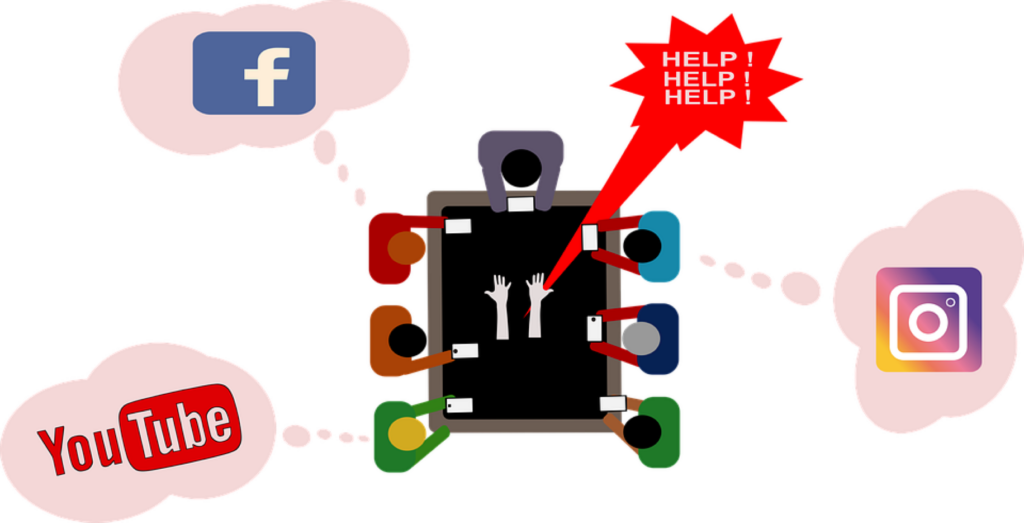Social media has presented companies with the opportunity to market and advertise their products and services like never before. However, the standard rules regarding intellectual property infringement still apply to your social media posts since companies calculatedly use social media for commercial purposes. A variety of rules are applicable to each social media platform, and if your company’s social media posts violate somebody’s intellectual property – a copyright, a trademark or any trade secrets – your posts may be removed and you could end up being sued. Now, the question is: how can your posts infringe on someone’s IP? If you have used a third parties’ IP in the form of images, text, symbols, phrases, or video for your own commercial interests, it is deemed to be an infringement. Each social media platform has its own set of rules, learn more about these rules.
Facebook allows its users to protect their intellectual property by permitting its users to report any instance of intellectual property infringement they come across. The content in question will be removed swiftly. Furthermore, if the platform comes across multiple instances of intellectual property infringement, your account would also be at an increased risk of being disabled. Intellectual property law also applies to Facebook. However, Facebook also allows you the opportunity to disprove the claim of an intellectual property infringement in the form of an ‘appeal’.
Twitter has its own copyright policy in place for the protection of people’s intellectual property rights. Users claiming their content has been unfairly used on Twitter have the option of approaching Twitter to have the content removed. Twitter requires that evidence showing the original copyrighted work, the instance of the infringement, and a statement to back the same be provided. However, Twitter needs the owner of the content to prove they own the content. Twitter, just like Facebook, has the provision of disabling the account of a repeat offender.
YouTube
YouTube also has a strict copyright infringement policy in place which monitors the instances of copyright infringement. YouTube, just like other major social media outlets, terminates the users who have, on multiple occasions (more than twice), participated in the act of copyright infringement. YouTube also acts against trademark infringement in the form of blocking the account engaging in the act.
Instagram explicitly states the original poster of the content retains complete ownership over that content. It is important to obtain permission to use the content. Instagram allows their users to report any instance of apparent copyright infringement, and as is standard practice, a termination is handed to those responsible for multiple instances of copyright infringement.
It is important to avoid social media infringement. All major social media outlets have a mechanism in place, governed by the applicable intellectual property law, that is specially designed to prevent copyright abuse. Obtaining permission from the owners of the content should be your standard business practice. Furthermore, you also have the option of using content belonging to the public domain through Creative Commons, where content could be reused with necessary attribution. Approach a reputed intellectual property lawyer or agent in order to safeguard your interests.

